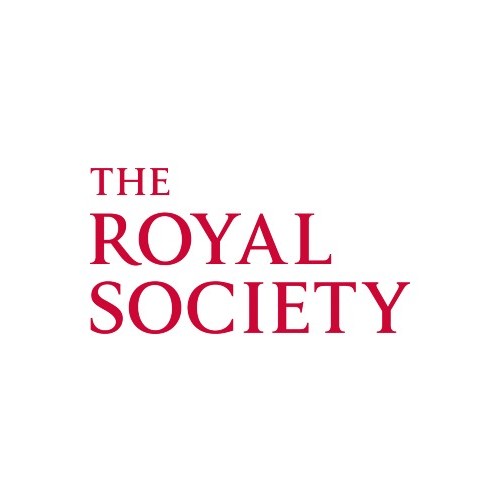Royal Society and Primary Engineer’s STATWARS Partnership to Help Pupils Investigate Climate Change
In the lead up to UN climate summit COP26, the Royal Society is partnering with not-for-profit organisation Primary Engineer – and their new project STATWARS® – to help primary and secondary pupils across the UK develop their data skills and investigate climate change. Through the STATWARS Climate Change Challenge, pupils across the UK will train their analytical and creative skills and find the best ways to live a more sustainable lifestyle. The challenge asks pupils to interrogate datasets to identify three achievable goals, such as recycling, sustainable eating and reduced water consumption, pupils are then asked to produce an infographic, manifesto and pitch to inspire others to follow in their footsteps.
By showcasing how data skills are essential to tackling one of the most important issues of their time – climate change – the challenge is an opportunity to get young minds inspired by analysing, interrogating, and presenting data.
The partnership with Primary Engineer® for STATWARS® extends the Royal Society’s objective to champion science in schools and will allow both organisations to carry out creative programmes that embed STEM and data into school curriculums, enriching opportunities for all pupils.
Participating schools can apply for a Royal Society grant, worth up to £3,000, to undertake a STEM research project, drawing on industry and academic partnerships they have developed as part of the STATWARS® challenge.
This extends the work of the Royal Society’s Tomorrows Climate Scientists programme, funded through its Partnership Grants scheme, in supporting students from age 5 to 18 to investigate and mitigate the local effects of climate change and biodiversity loss that are affecting their own communities.
Susan Scurlock, CEO and Founder of Primary Engineer, said:
“This is an exceptional partnership with the Royal Society which will see pupils investigate the big scientific question that matters to them – how to tackle climate change. STATWARS® is free to all primary and secondary schools and provides opportunities for pupils to develop data science skills which are incredibly important to our understanding of the world and for future careers. The partnership with The Royal Society will raise the profile and importance of data science and data skills by enabling teachers and pupils to work on an engaging, curriculum-mapped project.”
Professor Sir Jim Hough OBE FRS, physicist and Chair of the Royal Society Partnership Grants programme, said:
”We are delighted to be partnering with STATWARS to enable pupils to address issues around climate change and to develop data science skills using real world data. This will be a fantastic opportunity for them to make a significant contribution to help solve specific climate change problems while still at any early stage of their education.”
More information about the Partnership Grants scheme, with detailed guidance for schools, can be found at www.royalsociety.org/partnership. For further information and to register for STATWARS®, visit www.statwarscompetition.com.
About Primary Engineer
STATWARS® is a free-to-schools annual competition developed by Primary Engineer®. Primary Engineer is an educational not-for-profit organisation that provides a suite of programmes to encourage children from 3 to 19 years to consider STEM and engineering careers. Primary Engineer inspires children, pupils, parents and teachers through continued professional development, whole class project work, competitions, and engagement with engineers and industry professionals to ensure the learning has a context to the wider world. Primary Engineer promotes engineering and data careers and addresses the diversity and gender imbalance in engineering with early years, primary and secondary pupils.
About The Royal Society
The Royal Society is a self-governing Fellowship of many of the world’s most distinguished scientists drawn from all areas of science, engineering, and medicine. The Society’s fundamental purpose, as it has been since its foundation in 1660, is to recognise, promote, and support excellence in science and to encourage the development and use of science for the benefit of humanity. http://royalsociety.org.
Follow the Royal Society on Twitter (@royalsociety) or on Facebook (facebook.com/theroyalsociety)

